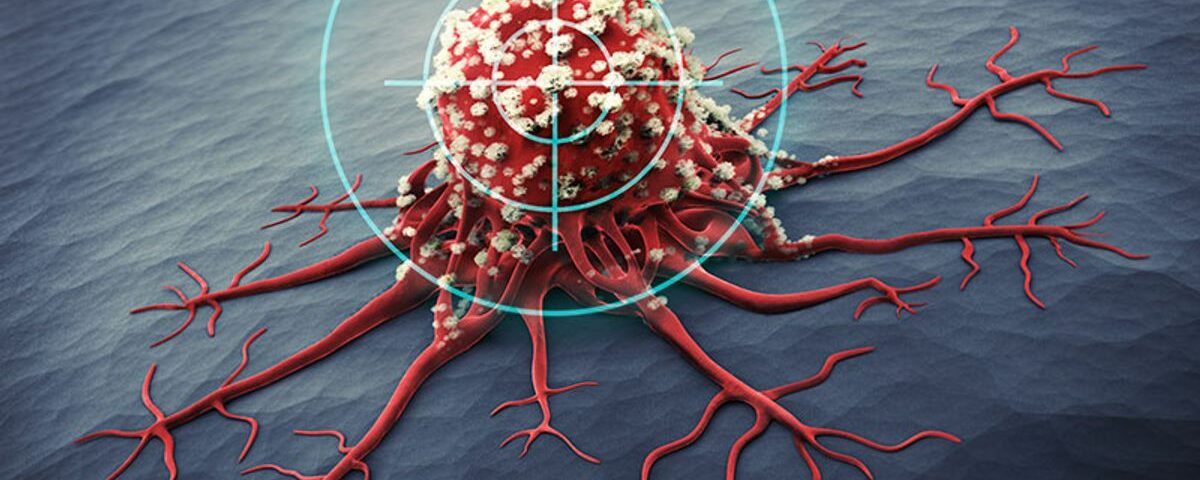
How Luxturna Can Brighten Up the Night for People with Inherited Retinal Disease
October 4, 2023
How Gene Therapy Is Transforming Medicine
October 4, 2023What is CAR T cell therapy?
CAR T cell therapy is a type of immunotherapy that uses genetically engineered T cells to target and kill cancer cells. CAR stands for chimeric antigen receptor, which is a synthetic molecule that combines an antibody fragment with a T cell receptor. The antibody fragment recognizes a specific antigen on the surface of cancer cells, while the T cell receptor activates the T cell to destroy them.
CAR T cell therapy has shown remarkable results in treating patients with blood cancers, such as leukemia and lymphoma, who have failed other treatments. In 2017, the Food and Drug Administration (FDA) approved the first two CAR T cell therapies, tisagenlecleucel and axicabtagene ciloleucel, for certain types of B-cell malignancies. As of April 2023, six CAR T cell therapies have been approved by the FDA, including idecabtagene vicleucel and ciltacabtagene autoleucel for multiple myeloma1.
How does CAR T cell therapy work?
The process of CAR T cell therapy involves several steps:
- First, the patient’s blood is collected and the T cells are separated from other blood cells.
- Second, the T cells are genetically modified in a laboratory to express a specific CAR that matches the antigen on the patient’s cancer cells.
- Third, the modified T cells are expanded to produce millions of CAR T cells.
- Fourth, the patient receives chemotherapy to reduce their immune system and make room for the CAR T cells.
- Fifth, the patient receives an infusion of the CAR T cells, which travel through the bloodstream and find and kill the cancer cells.
What are the benefits and challenges of CAR T cell therapy?
CAR T cell therapy has several advantages over conventional cancer treatments, such as chemotherapy and radiation:
- It is personalized to each patient’s cancer and immune system.
- It can target cancer cells that are resistant to other therapies.
- It can persist in the body and provide long-term protection against cancer recurrence.
However, CAR T cell therapy also faces some challenges and limitations, such as:
- It can cause serious side effects, such as cytokine release syndrome (CRS) and immune effector cell-associated neurotoxicity syndrome (ICANS), which are caused by the excessive activation of the immune system. These side effects can be life-threatening and require intensive care and management2.
- It is expensive and complex to produce and administer. Each patient’s CAR T cells have to be manufactured individually in specialized facilities, which can take several weeks and cost hundreds of thousands of dollars3.
- It is not effective against all types of cancers, especially solid tumors. Solid tumors have various mechanisms to evade or suppress the immune system, such as expressing immunosuppressive molecules or creating a hostile microenvironment4.
What are the future directions of CAR T cell therapy?
Researchers are working on improving CAR T cell therapy by developing new strategies and technologies, such as:
- Designing more specific and potent CARs that can recognize different or multiple antigens on cancer cells.
- Modulating the function and safety of CAR T cells by adding or removing genes that regulate their activation, proliferation, persistence, or trafficking.
- Combining CAR T cell therapy with other immunotherapies or drugs that can enhance its efficacy or reduce its toxicity.
- Creating universal or off-the-shelf CAR T cells that can be used for multiple patients without requiring genetic modification or matching.
- Expanding the application of CAR T cell therapy to other diseases, such as autoimmune disorders or infectious diseases.
CAR T cell therapy is a breakthrough in cancer immunotherapy that has revolutionized the treatment of blood cancers and opened new possibilities for other cancers and diseases. With ongoing research and innovation, CAR T cell therapy has the potential to become a more effective, safe, and accessible option for patients who need it.




